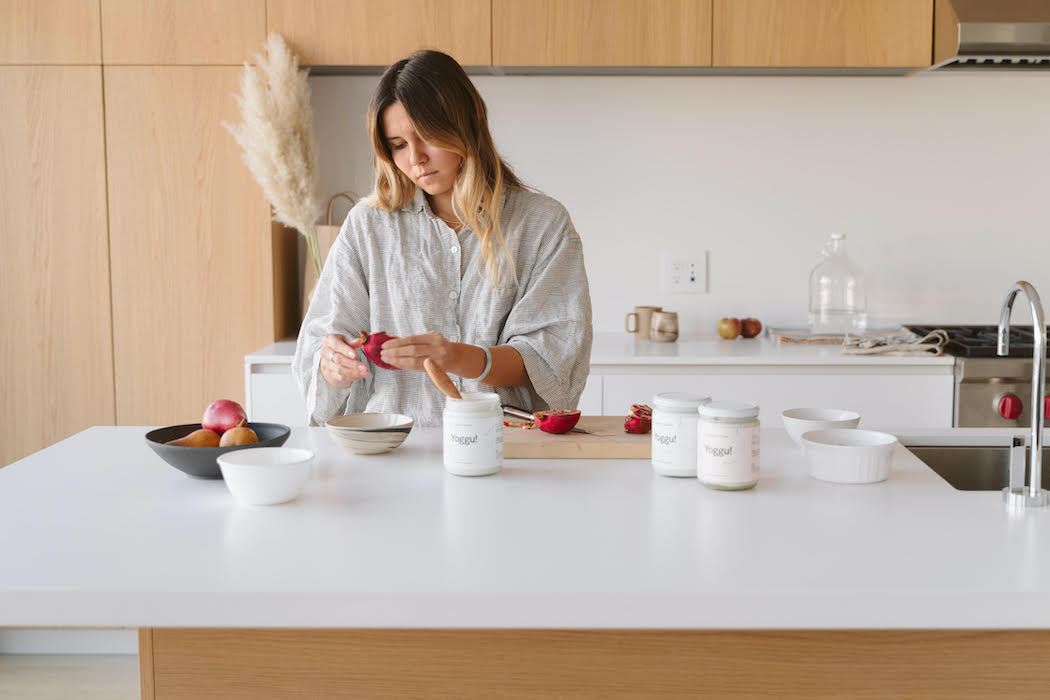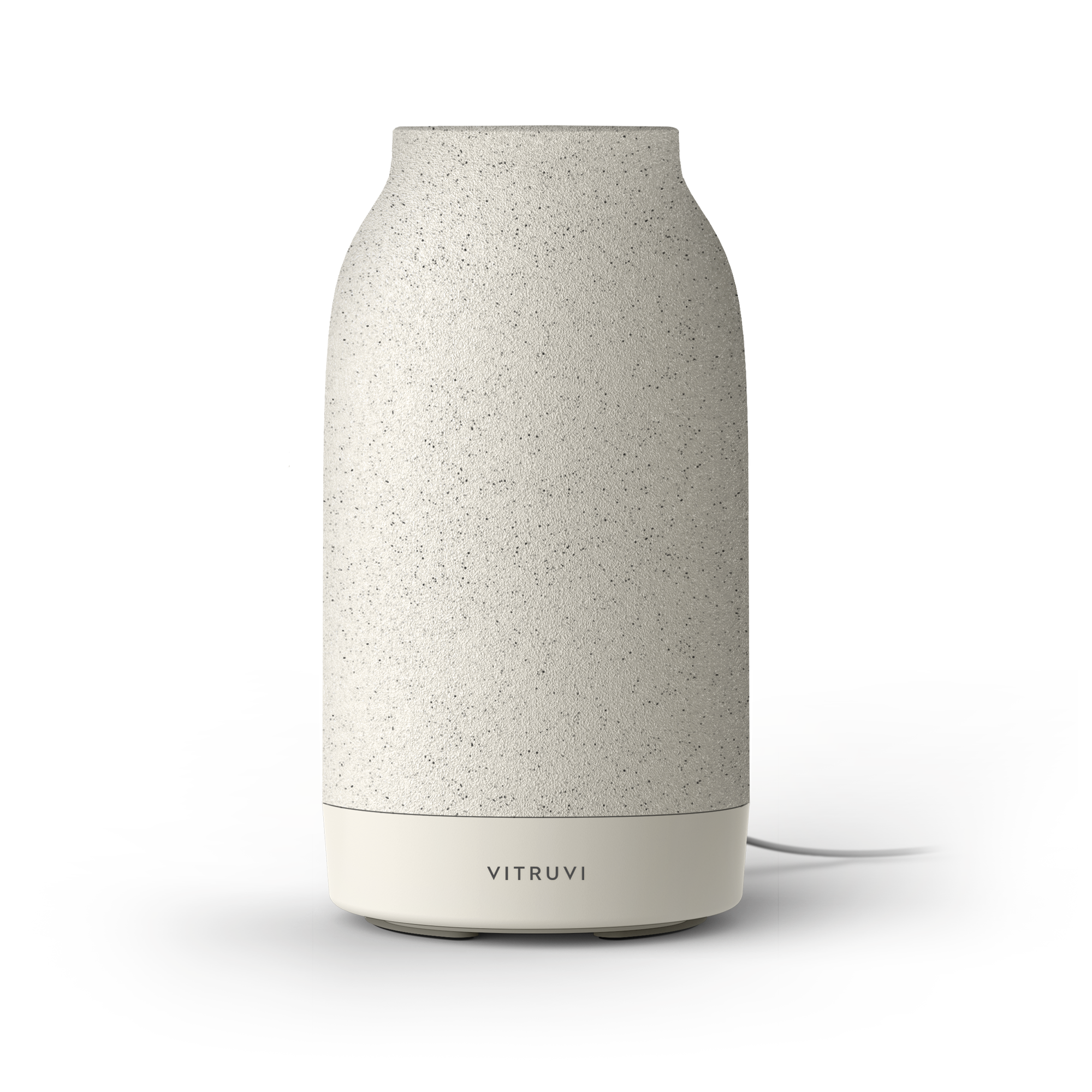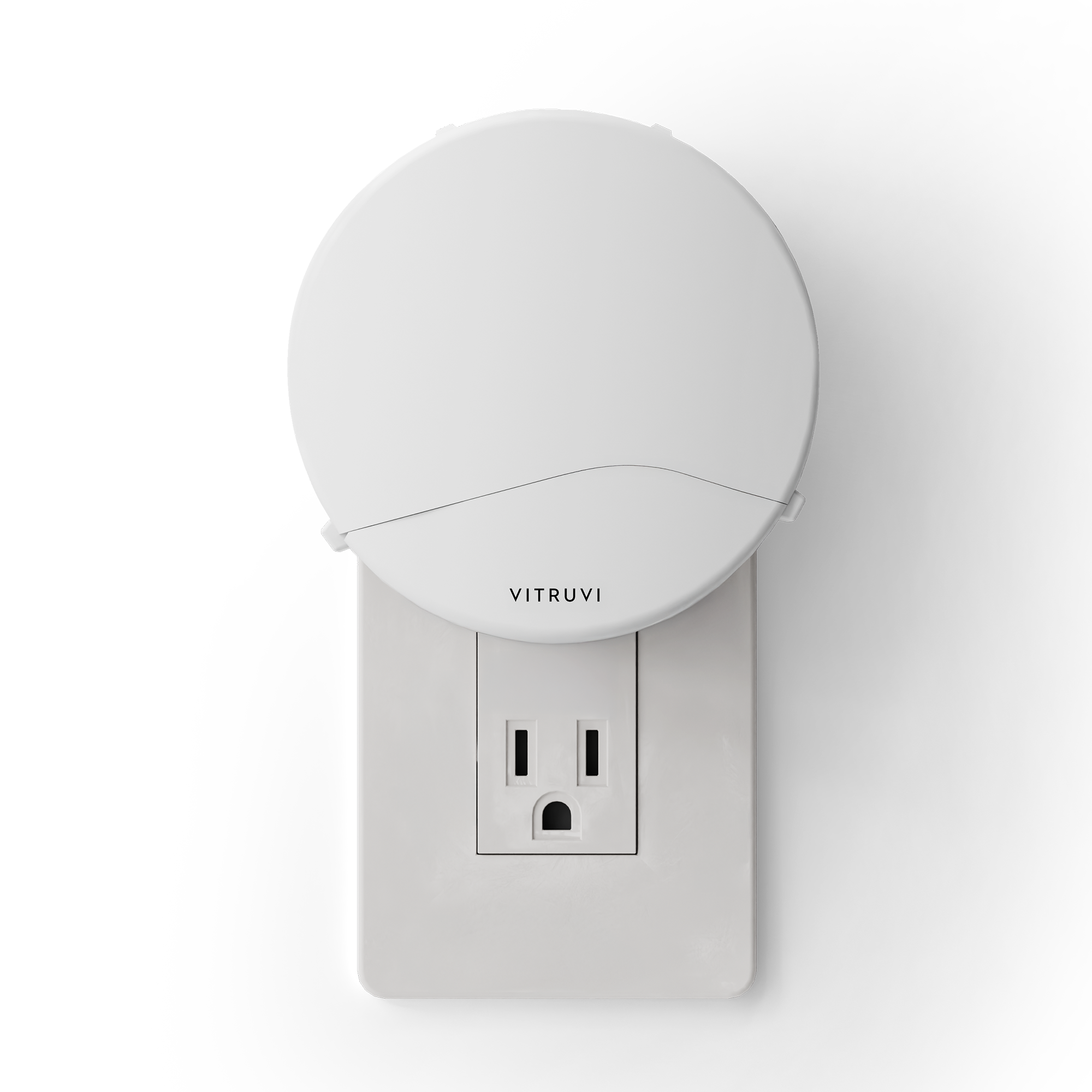“They’re good bugs,” Jade Herrmann says. She’s talking about probiotics, the term for those mysterious, invisible, ingestible things we’ve been told are great for our guts. “A lot of times we are introduced to bad bugs, whether that’s through the foods that we eat, whether it’s through our stress levels, alcohol consumption—and that can essentially deteriorate our microbiome, which is our gut. Good bugs like to populate the microbiome and defend us from sickness, and that’s helping to build up a really strong immune system.”
In short, probiotics are the kind of bacteria (and sometimes yeast) that we want in our bodies, because they help keep the microflora organisms of our intestines happy and healthy. According to a report by the European Molecular Biology Organization, “the intestinal microflora is a positive health asset that crucially influences the normal structural and functional development of the mucosal immune system.” Probiotics basically support and repopulate that flora; they are known to help prevent stomach issues like diarrhea and constipation, as well as digestive tract, yeast, and urinary tract infections. The most common type is called Lactobacillus, which is commonly found in yogurt and other fermented foods.
Herrmann is the founder of Yoggu, a Vancouver-based vegan yogurt company that ferments coconut instead of milk. Even though it’s dairy-free, Yoggu products are incredibly creamy and delicious (and yes, they taste just like the real thing). And because they’re fermented, they’re also a great source of probiotics.
“Yogurt across the board basically means that you’re using a culture to ferment, whether it’s dairy, or in my case, coconut,” Herrmann explains. “That’s basically what we do: introduce the bacteria and then let it ferment.” This fermentation is what gives yogurt—dairy or otherwise—its tangy flavour.
Yogurt is a great source of said “good bugs,” but other fermented foods are, too, including kombucha, kefir, sauerkraut, and kimchi (probiotics can also be taken in pill form, though Herrmann believes that for the average person looking to up their intake, ingesting them through food or drink is a better bet as they allow for easier digestion and absorption). If someone has just taken a round of strong antibiotics, they may want to look at probiotic pills (of course, the best thing to do is speak with your doctor). As for how much to take, she’s confident that consistency is key.
“You could eat probiotics every day—I would say that’s even the best-case scenario because then you’re building up a really strong microbiome that’s essentially going to fend off anything that’s coming your way,” she says. Probiotics are also known to help with gastrointestinal issues like Crohn’s disease and irritable bowel syndrome (IBS); a 2018 review by the National Center for Complementary and Integrative Health looked at 53 studies of participants taking probiotics for IBS and found that they can help with symptoms such as abdominal pain. And a 2014 report by the American Heart Association suggests that probiotics can even help with maintaining healthy blood pressure.
“It all comes down to the person and what works for them,” Herrmann explains. For her, it was becoming vegan and missing regular yogurt that led her to search for non-dairy version and eventually create Yoggu. Coconut yogurt is actually very simple to make; try this recipe from the Minimalist Baker if you are curious to try it out.
At the end of the day, even if you do eat animal products, Herrmann believes that the vegan movement is opening the public’s eyes to food production and consumption—which is always a good thing. “I think people, whether they’re vegan or not, plant-based or not, just need to be more mindful of the ingredients that we’re putting in our bodies,” she says. It’s probiotic coconut yogurt today, but who knows what tomorrow will bring.












